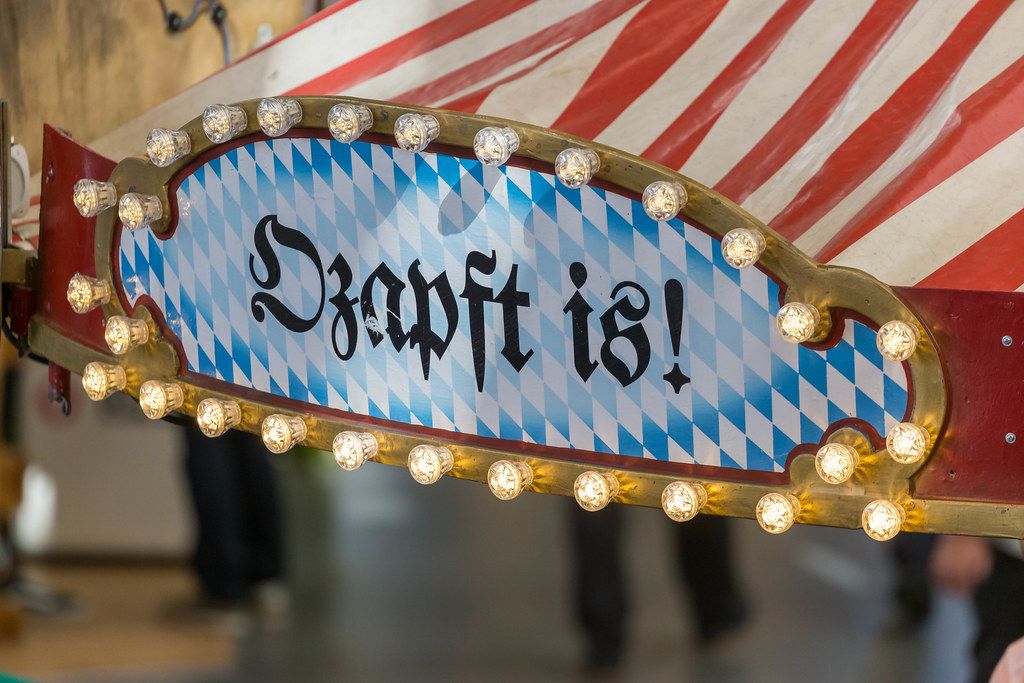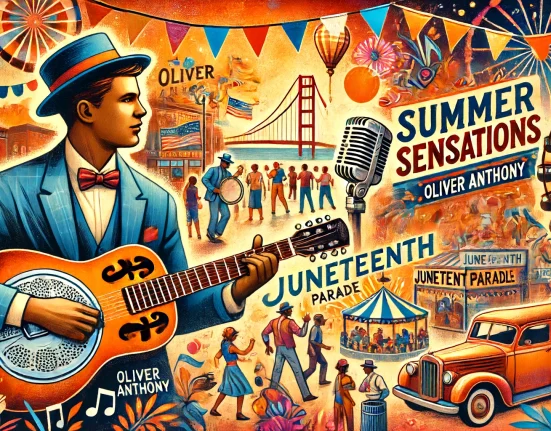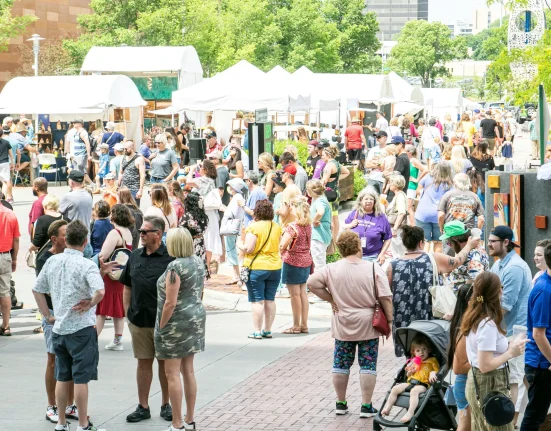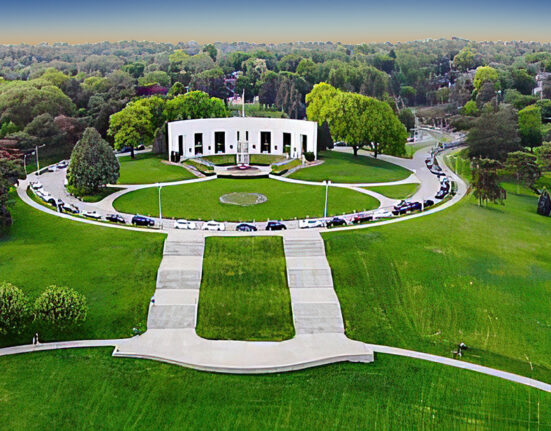Fall is here, and for many in Omaha and its surrounding areas, the crisp air and changing leaves signal one thing: Oktoberfest. While the robust flavors of craft beer and the enticing aroma of sizzling sausages might be the first things that come to mind, this festival is more than just a weekend of culinary indulgence. It’s a rich tradition that transcends time and space, reaching from Bavarian villages to Nebraska’s bustling urban landscape. With Omaha’s diverse culture and deep-rooted community spirit, it’s no wonder that this celebration has become a cornerstone of the city’s annual events. Buckle up, grab your stein, and join us as we journey through the fascinating history of Oktoberfest in Omaha.
A Bavarian Root in Midwestern Soil
To understand how Oktoberfest came to be such a significant event in Omaha, we must first travel back to its origins in 19th-century Munich. The world-famous event began in 1810 with the marriage of Prince Ludwig and Princess Therese, which was marked by a public horse race and celebrations. The festivities were such a hit that they continued annually, adding agricultural shows, games, and beer.
Fast-forward to the late 19th and early 20th centuries, when waves of German immigrants were arriving on American shores. Many found their way to the Midwest, including Omaha. Bringing their traditions, languages, and, of course, their love for beer, they laid the groundwork for what would become one of Omaha’s most anticipated annual events.
Early Celebrations in Omaha
In the late 1800s and early 1900s, Omaha’s German community began gathering for informal celebrations reminiscent of the Old World Oktoberfest. These were small and intimate gatherings, often held in private homes or social halls. Beer was imported from Germany, and traditional Bavarian meals were lovingly prepared.
As Omaha grew, these celebrations evolved. Local brewers began producing beers that were as close to Bavarian lagers and ales as possible, providing a domestic yet authentic flavor to the occasion. By the 1950s, the local German American Societies became more organized, and Oktoberfest celebrations were no longer just small gatherings; they became community events.
The German American Society: Pioneers in Tradition
The German American Society, established in Omaha in 1884, has been pivotal in organizing and growing Oktoberfest celebrations in the city. They hosted their first official Oktoberfest in the 1950s, a far cry from the grand events we see today (upcoming September, 15-16, 2023) but significant nonetheless.
Through the decades, the society worked tirelessly to maintain the authenticity of the event. Even in years when social or economic factors could have easily led to a watered-down version, the group insisted on traditional Bavarian elements. From brass bands to German dances, from bratwursts to pretzels, authenticity was always key.
Oktoberfest Today: A Symphony of the Senses
Today’s Oktoberfest in Omaha is a multi-sensory experience. Upon entering, you’re greeted by the smell of traditional German foods wafting through the air. Stands and stalls are draped with Bavarian flags, and the sound of lively polka music fills the atmosphere. As you walk around, you’ll find Omaha locals dressed in Dirndls and Lederhosen, the traditional dresses and leather pants of Bavarian culture.
Craft breweries from all over Nebraska and beyond are eager participants, showcasing their versions of German classics like Hefeweizens, Kölschs, and of course, Oktoberfest Märzens. Culinary offerings range from sausages and sauerkraut to strudels and other German desserts, all of which contribute to the gastronomic delight that is Oktoberfest.
The Big Tent: Community Involvement
While Oktoberfest’s origins and focus are decidedly German, the festival has grown to be an inclusive event where people of all backgrounds can celebrate. Contributions from other ethnic societies in Omaha have enriched the festival’s appeal. Over the years, the event has also incorporated charitable activities, with part of the proceeds going to local non-profits, thereby bringing the community closer.
Oktoberfest in Surrounding Areas
It’s not just Omaha; surrounding towns in Nebraska also host their versions of Oktoberfest. These usually take place on different weekends, making it possible for the most enthusiastic Oktoberfest goers to attend multiple events throughout the season. From Lincoln to Fremont, Oktoberfest is a state-wide celebration of culture, history, and, of course, community.
Conclusion: The Future of Oktoberfest in Omaha
As Omaha continues to evolve, so too does its celebration of Oktoberfest. From a small gathering of German immigrants to a multi-day, city-wide festival, Oktoberfest has become ingrained in Omaha’s cultural fabric. With the changing demographics of the city, it’s exciting to think about how this tradition will continue to evolve. One thing is certain: as long as there are people in Omaha who value community, culture, and a good pint of beer, Oktoberfest will continue to be a cherished event for years to come.
Prosit!
If you enjoyed this deep dive into the history of Oktoberfest in Omaha, stay tuned for more articles on local culture, history, and events. See you at the next fest September 15-16!







Leave feedback about this